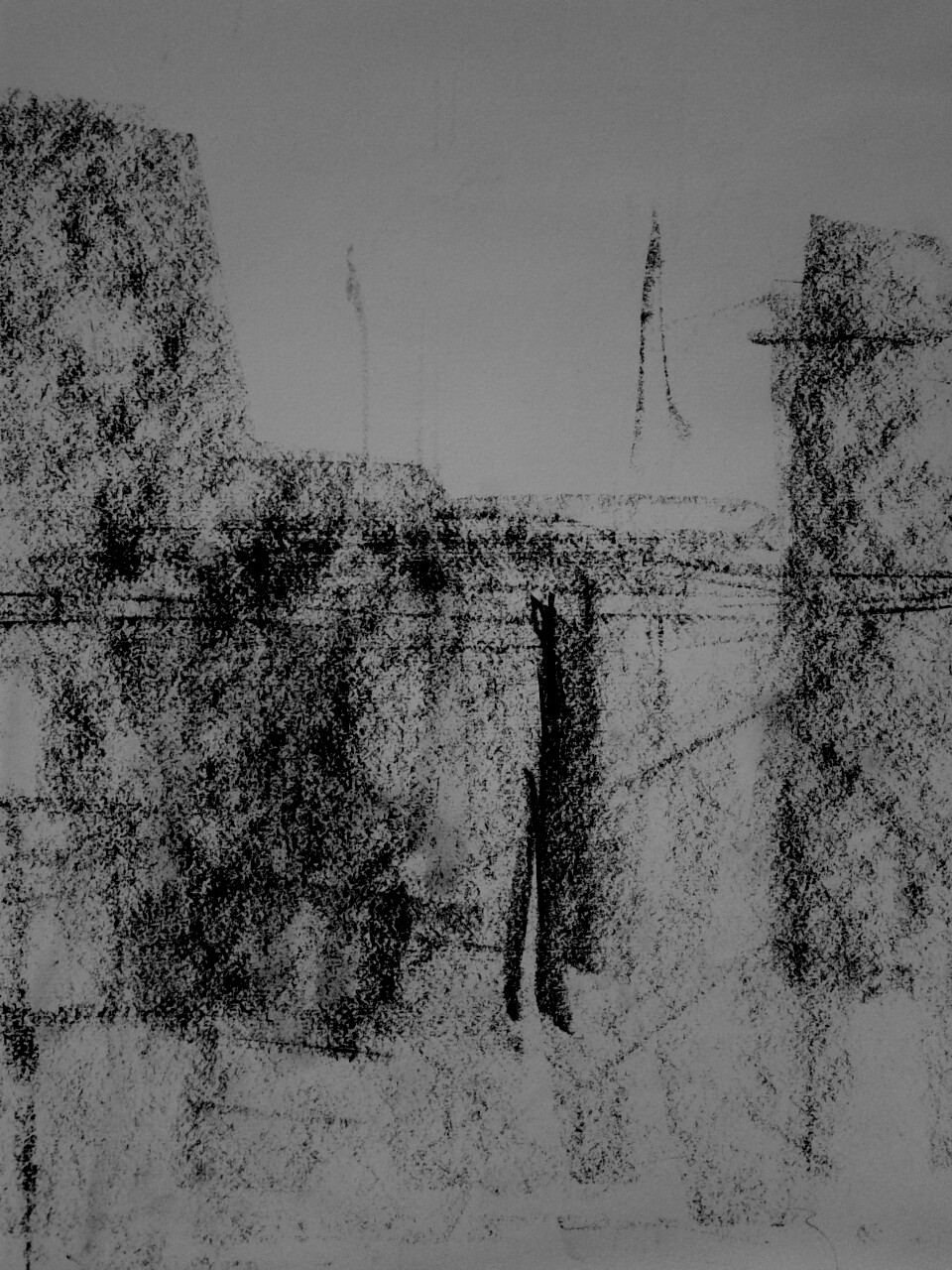One year I decided that I would decorate one of my teaching rooms with my collection of Poems on the Underground posters that I had kept rolled up in a drawer for years.
I had noticed that the gap between the top of the display boards and the ceiling was exactly the same width of the posters. My classroom became one long tube carriage.
The poster of ‘And Yet the Books’ had pride of place, just to the left of the whiteboard, in the eye-line of everyone who sat in the room.
After a year or so the posters began to peel off the walls. I got a chair and went round the room poster by poster applying first extra Blu-tack and then double-backed Sellotape to adhere them to the walls. Another year went by. The posters continued to peel.
I did one more round of this a year later.
Then it struck me.
A teacher of literature, language and literacy, I had not actually read ‘And Yet the Books’.
By this time I had given up on the project. No amount of extra Blu-tack and double-backed Sellotape was going to keep them up there. Not on these walls anyway. I decided to take them down.
I had spent a lot of time and energy prettifying my teaching room, with implied messages about art, poetry and living what Seamus Heaney calls the individuated life, without paying attention to what the poem had to say.
I got out my chair, moving round the room poster by poster, peeling each one off the impossible walls. I began with the poster to the left of ‘And Yet the Books’, so that it would be the last one to come down.
It was a long time before I finally faced down the poem in front of me. There was a fly. Sunlight. Dust.
Then I read the poem out loud, into the silence of that empty education building, and took the poster down, defeated and enlarged and smiling.
And Yet the Books
And yet the books will be there on the shelves, separate beings,
That appeared once, still wet
As shining chestnuts under a tree in autumn,
And, touched, coddled, began to live
In spite of fires on the horizon, castles blown up,
Tribes on the march, planets in motion.
“We are,” they said, even as their pages
Were being torn out, or a buzzing flame
Licked away their letters. So much more durable
Than we are, whose frail warmth
Cools down with memory, disperses, perishes.
I imagine the earth when I am no more:
Nothing happens, no loss, it’s still a strange pageant,
Women’s dresses, dewy lilacs, a song in the valley.
Yet the books will be there on the shelves, well born,
Derived from people, but also from radiance, heights.
Berkeley, 1986
Czeslaw Milosz

I really like it when individuals get together and share views.
Great website, continue the good work!
LikeLike
I adore Milosz – he fills me with awe and wonder. I almost say I “worship” his poetry if it weren’t too strong a word for me to use in that context. And this is definitely one of my favourite of his poems. I love the Poems on the Underground poems and posters, but I know what you mean about stopping to take the time and actually read them, not just feel proud of ourselves for having attractive, intellectual posters on the wall. 🙂
LikeLike
Hello Clarissa
Thank you for your lovely comment. I am pleased you like this poem as well. It seems as urgently prophetic as ever. I did not find it properly even thought I had been looking at it for years. I’m glad you get this. As ever with thanks, Anthony
LikeLike